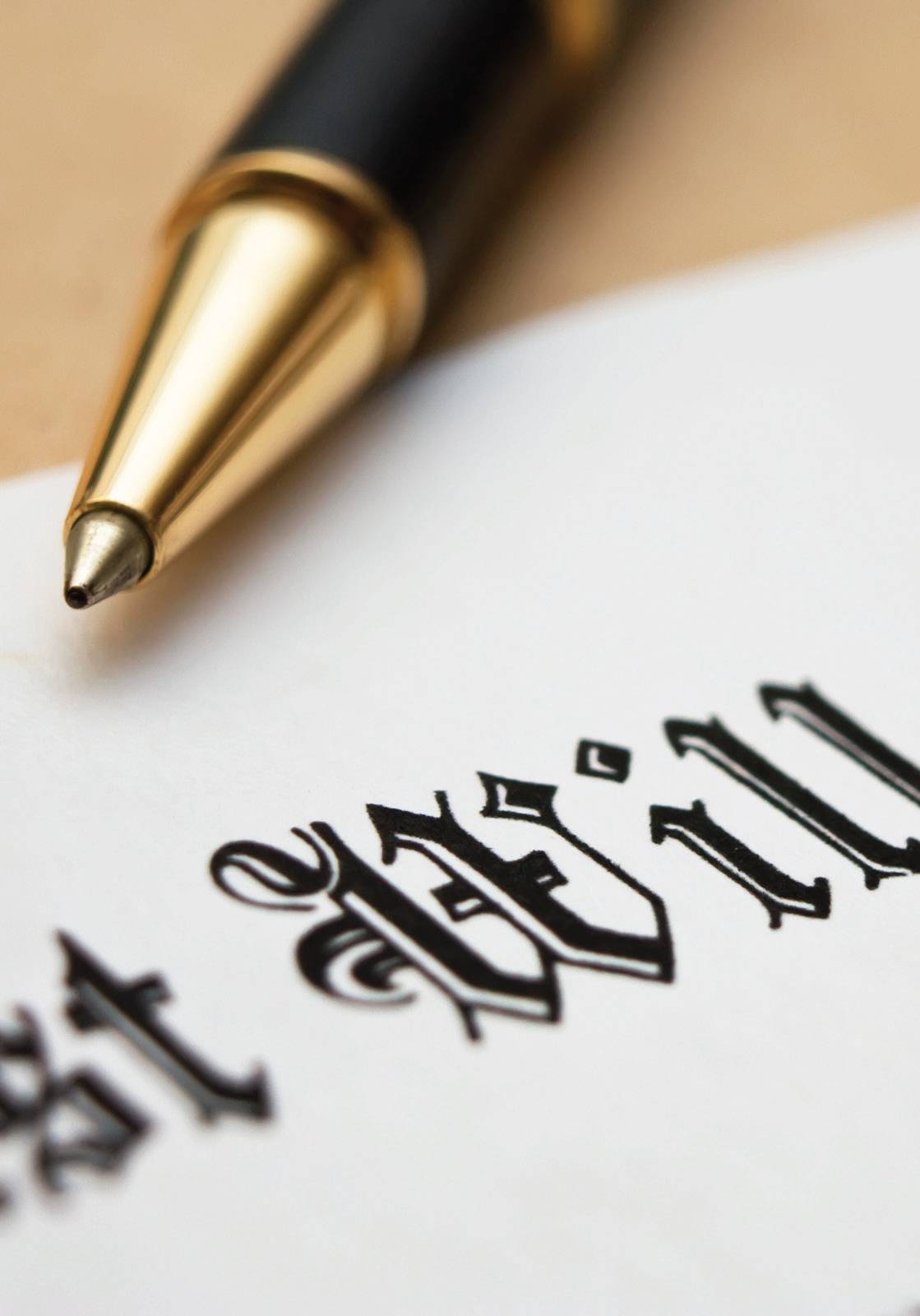Your Will (Wasiyah)



What is a Will?
A Will is a legal document that clearly sets out your wishes for the distribution of your assets after your death. Your Will states who is to be your executor. It is your executor who follows your wishes which are set out in your Will and generally looks after your estate after you die. Your Will also names who you wish to leave something to and what you want to leave to them.
The Islamic term for a Will is Wasiyah.
Do I have to have a Will?
According to both Islamic Law (Shariah) and various Australian State and Federal Laws, you will need a Will to ensure the distribution of assets after your death is done in a manner according to your wishes. Current studies show that 45% of Australians do not have a valid Will.
It is narrated by Abdullah bin Umar that the Prophet Muhammad (saw) said, “It is not permissible for any Muslim who has something to will to stay for two nights without having his last Will and testament written and kept ready with him.” (Sahih Bukhari)
“A man may do good deeds for seventy years, but if he acts unjustly when he leaves his last testament, the wickedness of his deed will be sealed upon him, and he will enter the Fire. If a man acts wickedly for seventy years but is just in his last will and testament, the goodness of his deed will be sealed upon him, and he will enter the Garden.” (Ahmad and Ibn Majah)
In light of these and other Hadith, it can be deduced that a Will (Wasiyah) is obligatory under the Shariah.
What happens if I do not have a Will?
You need a legal Will if you want control of who benefits from your property and possessions (your estate) after you die. If you do not have a Will, you have no control over who inherits your assets after your death.
The Wills Probate and Administration Act sets out a strict list of beneficiaries of an estate when someone dies without a Will. This formula does not recognise the distribution of assets according to Islamic principles and includes your estate going to the State Government in situations where your nearest living relatives are cousins. (see here: www.tag.nsw.gov.au/what-is-a-will)
How is an Islamic Will different to a Standard Australian Will?
An Islamic Will distributes your estate in accordance with the Mawarith schedule, being the set shares as stipulated in the Quran. The Will states your wish to be buried in accordance with Islamic principles. Further, in relation to your debts being paid from your estate prior to distribution, the Islamic Will also includes payment of any outstanding obligations between yourself and Allah as a debt to be paid, such as outstanding zakat or expiations for unfulfilled oaths.
The Will also stipulates details of acceptable beneficiaries who can receive your estate as distributed in accordance with the Mawarith schedule, including but not limited to: the requirement that a beneficiary who is to receive part of your estate as calculated by the Mawarith schedule cannot be a Non-Muslim; or to ensure that no part of your estate (not including a bequest) shall be inherited by a person whose claimed relationship to you is the result of a non-Islamic or unlawful marriage or through adoption.
The Islamic Will also incorporates the option to bequest a third of your estate, prior to the estate being distributed amongst your surviving relatives in accordance with the Mawarith schedule. If an individual exercises their right not to make a specific bequest, their estate will be distributed solely in accordance with the Mawarith schedule. If an individual wants to make a bequest, they can only bequest up to a third of their estate. The bequest can be made to a non-relative, a Non-Muslim or a charity/organisation.
Can an Islamic Will be recognised under Australian Law?
Yes. A standard Australian Will generally distributes the estate in percentages to elected beneficiaries. The Islamic Will also distributes the estate in percentages and beneficiaries but, the percentage and the beneficiaries are determined in accordance with Shari’ah, and not on the individual and personal choice of the individual making the Will (but for the 1/3 bequest option as noted above).
It is therefore possible for Muslims residing in Australia to have a valid Will which is Shari’ah compliant and in accordance with Australian laws of inheritance.
Who should I appoint as my Executor?
Your executor is the person who looks after your estate after you die. Your executor provides documents to your lawyers and signs documents in accordance with your Will.
Your executor must be over 18 at the time you pass away. You can appoint anyone you like but it is recommended that your executor knows your family situation as they will be responsible for identifying which surviving family members can be possible beneficiaries under your Islamic Will. You can appoint your spouse, children, any other family member, or friend to act as an executor.
You can have any number of “back up” executors however, it is normally sufficient to have up to 3 executors, in case your first preference is not able to act as executor. You can always update your Will if you wish to change your executors in future.
